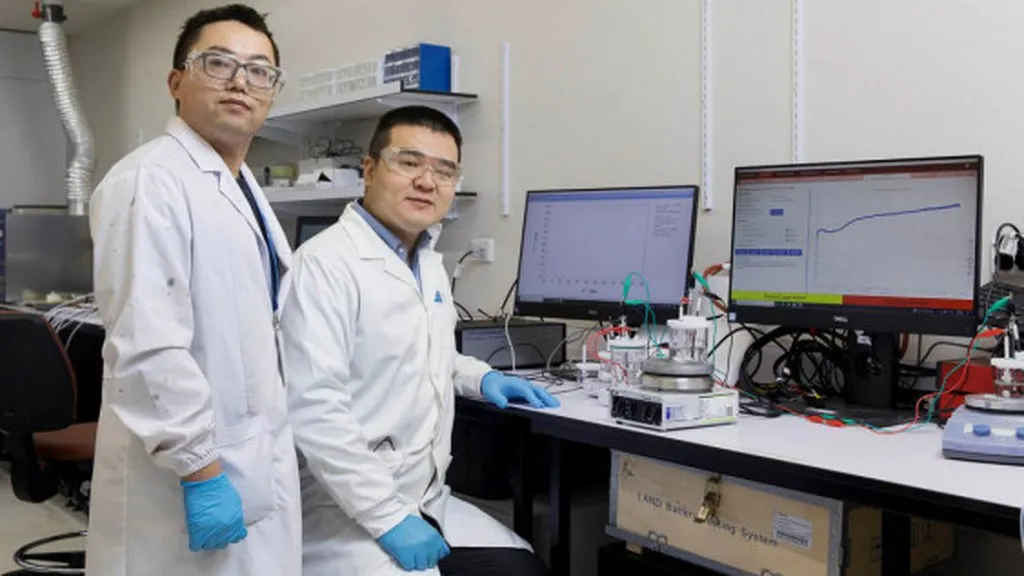In the quest for sustainable and efficient transportation, a New Zealand-based scientist has unveiled a promising alternative to conventional regenerative braking systems. Alberto Boretti, an independent scientist based in Wellington, has published a study in the journal ‘e-Prime: Advances in Electrical Engineering, Electronics and Energy’ (translated from Russian) that explores the potential of compressed carbon dioxide (CO₂) as a working fluid in regenerative braking systems (RBS) for passenger cars. This innovative approach could reshape the energy landscape by offering a more cost-effective and environmentally friendly solution.
Regenerative braking systems are not new; they have been a staple in electric and hybrid vehicles, using batteries to store energy recovered during braking. However, Boretti’s research shifts the focus to a pneumatic regenerative braking system (PRBS) that uses compressed CO₂, a technology that could be particularly beneficial for hybrid vehicles powered by hydrogen internal combustion engines.
The study compares CO₂-based RBS (CO₂RBS) with traditional battery RBS, evaluating factors such as efficiency, energy density, lifecycle sustainability, and real-world applicability. While battery RBS boasts higher round-trip efficiencies (70% to 85%), CO₂RBS achieves efficiencies ranging from 45% to 60%. Despite this apparent shortfall, CO₂RBS presents several compelling advantages.
“CO₂RBS offers significant cost savings, with projected system costs being 30% to 50% lower than battery-based systems,” Boretti explains. “Moreover, the recyclability of CO₂RBS components is estimated at over 95%, compared to around 50% for typical battery systems with current technologies.”
The environmental benefits are also noteworthy. Preliminary lifecycle emission analysis suggests that CO₂RBS could reduce emissions by 15% to 25% compared to lithium-ion battery-based systems, depending on the electricity generation mix. This reduction is a significant step towards more sustainable transportation solutions.
The study also revisits Peugeot Citroën’s Hybrid Air Technology, which used compressed air for energy storage, to assess its potential in advancing CO₂-based RBS solutions. The findings indicate that CO₂RBS could be a viable alternative for cost-sensitive and environmentally conscious applications, particularly in sectors prioritizing robust, maintenance-friendly, and recyclable energy storage solutions.
The implications for the energy sector are substantial. As the demand for energy-efficient and sustainable transportation grows, the need for innovative solutions becomes increasingly urgent. CO₂RBS offers a pathway towards more sustainable regenerative braking solutions, addressing the material sustainability challenges associated with lithium-ion batteries.
The research highlights the potential for CO₂RBS to become a key player in the future of transportation, particularly in hybrid vehicles powered by hydrogen internal combustion engines. By offering a more cost-effective and environmentally friendly alternative to battery-based systems, CO₂RBS could revolutionize the way we think about energy recovery and storage in vehicles.
As the world continues to seek sustainable and efficient transportation solutions, Boretti’s research provides a glimpse into a future where CO₂RBS could play a pivotal role. The study, published in ‘e-Prime: Advances in Electrical Engineering, Electronics and Energy’, opens the door to further exploration and development in this promising field, paving the way for a more sustainable and energy-efficient future.

